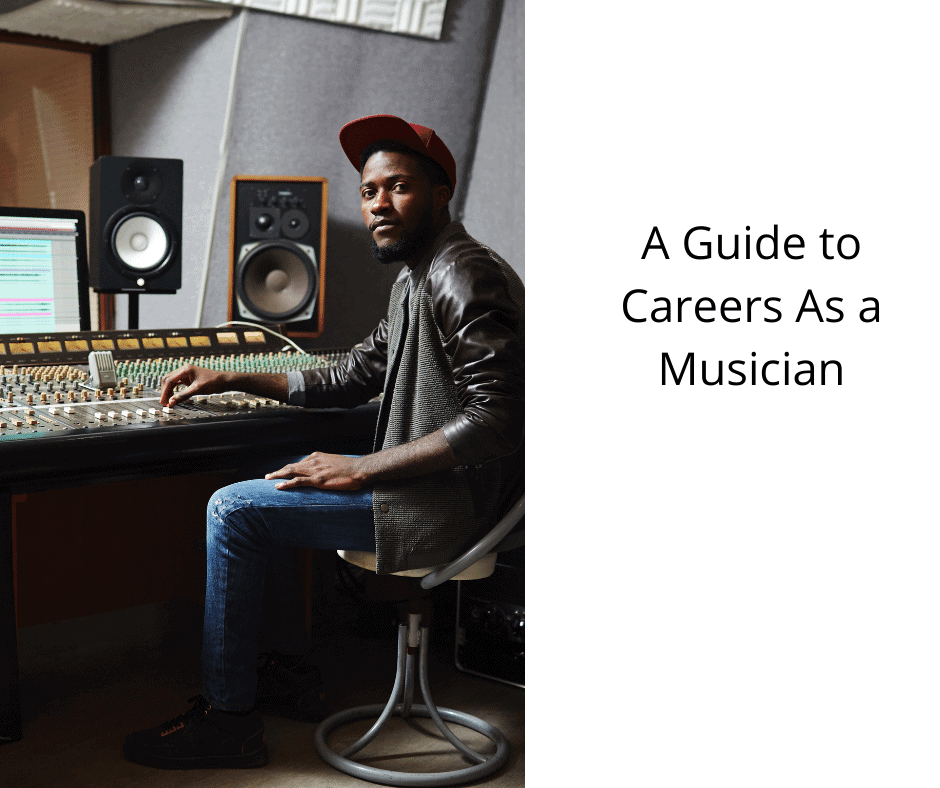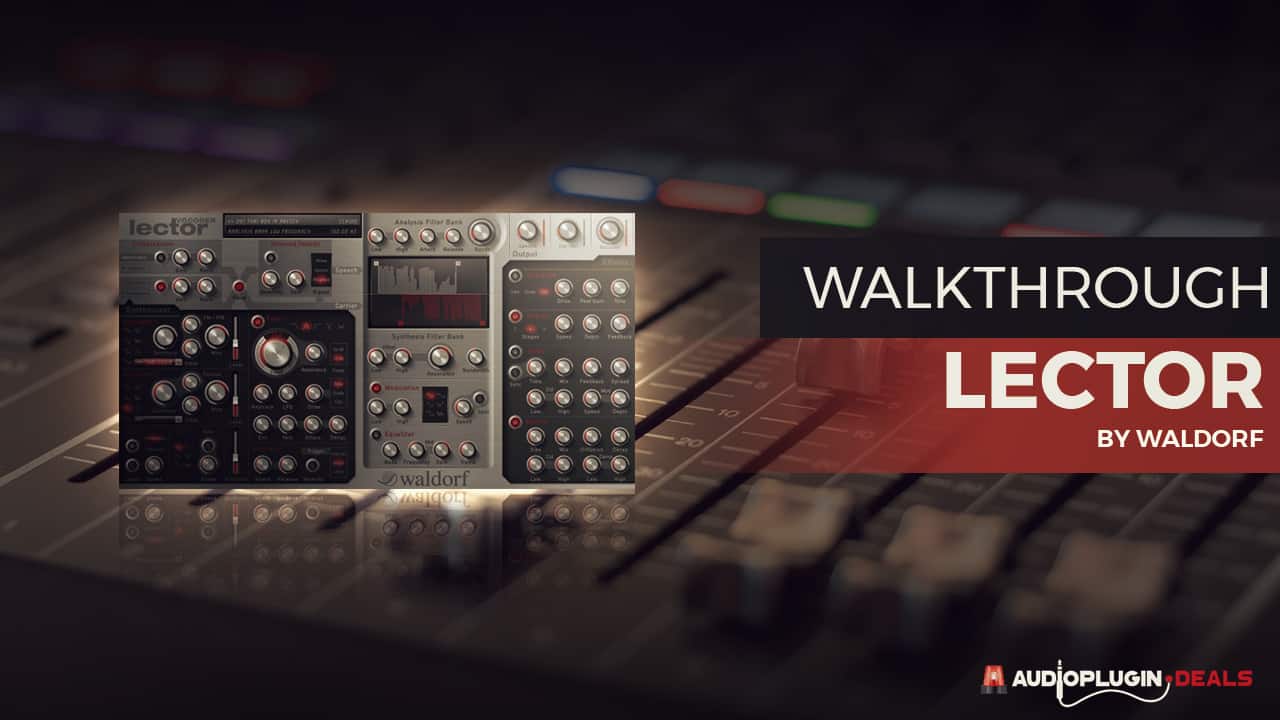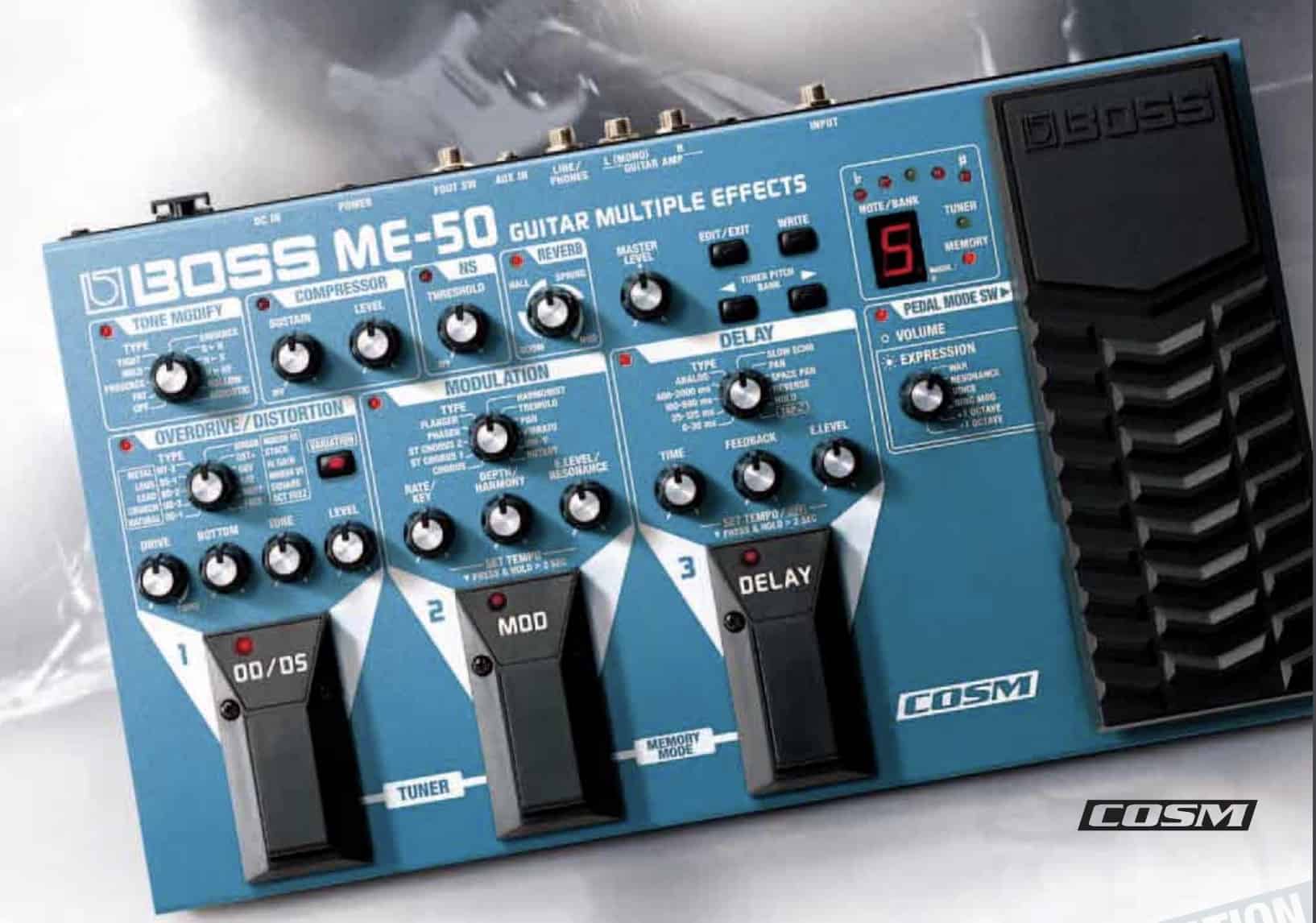There are many different ways to earn a living as a music producer. Some options include working for a recording studio or being a freelancer. Some of these options are outlined below. You should consider becoming a certified music producer interested in music production. You will also need to be knowledgeable in music theory and have a wide range of skills.
Be a music producer
Music producers can be a very lucrative career, but learning how to network will take a lot of effort. There are many ways to network. However, it is essential to remain open-minded and not burn any bridges. As a music producer, you will have to learn to work with diverse personalities.
Music producers need to be able to read sheet music and use an instrument. This is a crucial skill. You can learn how to play your favorite song and the chord progression. You will also learn how to record your own sounds. This will be helpful later on when you are developing your own ideas. Developing these skills will help you get the recognition you deserve. Music producers should be passionate about what they do.
Music producers should spend a lot of time studying different styles of music. Besides studying how to play instruments, he or she should also study audio engineering and other techniques. Developing audio engineering skills will help you create quality beats. You should also study the work of other producers to learn their techniques and make the best music possible.
The workload of a music producer is varied, depending on the size of the project and the budget. An unsigned band may only have one act and an audio engineer. A signed artist will have many musicians on his or her team. You will be responsible for the recording, mixing and mastering of an artist’s album.
Music producers need to be able to listen and interact with artists. It’s also helpful to be familiar with the basic tools and software used in audio production. A good music producer should also be proficient in using microphones. Knowledge of the differences between a condenser and dynamic microphone is crucial to creating quality music.
Work in A Recording Studio
A recording studio is a place where sound can be captured. You can have a small studio for recording or a large studio that can accommodate 100 musicians. Engineers design these rooms to have optimal acoustics for recording.
Before applying to a recording studio, you should first decide what job you’d like to do. Depending on the level of experience you have, you may not be able to land the dream job. You can do some things that will increase your chances of landing the job of your dreams.
A recording engineer’s primary responsibility is to record and mix recordings. Record producers hire freelance engineers to perform the job because not all recording studios have inhouse engineers. Although a record producer’s job is more common than an engineer’s, record companies often have a producer on their staff. The salary will vary depending on your experience and skills.
Recording in a studio requires knowledge of different types of equipment. A control room and a live room are the main rooms in a professional studio. Each room will have a specific role for the mixer, producer, and recording engineers. The design of the rooms is also critical. Home studios tend to be smaller and often located in private residences. These studios are ideal for those who want to create their own music.
Another way to work in a recording studio is to be a studio manager. This person will manage the studio’s day-to-day operations. They may be the co-owner of a recording studio, or they may be hired specifically for this job. These managers have many responsibilities, including hiring engineers and booking artists.
Earn a Certification
A certification in music production is an important step in a career within the music industry. It allows you to develop practical skills in music theory and audio engineering. You will gain knowledge of software programs, instruments, and other tools and techniques that will improve your production skills. The following programs are available to help you get started:
The Music Production Specialization is a comprehensive program that teaches students the technical aspects of music production. Specifically, students will learn how to record audio, create songs, and use industry-standard Digital Audio Workstation, Pro Tools. The curriculum culminates with a four-week Capstone project.
This course is perfect for intermediate to advanced music producers. It features mini-lessons that allow students to choose which topics they want to work on and focus on. You will also find specific tips and tricks. The course is somewhat expensive, but it’s a great option for anyone who is interested in becoming a music producer.
Students interested in music production may enroll in the Certificate in Music Production Program at CU Boulder. The program includes 18 credits hours of music technology courses. The program is open to all undergraduate students. Students who complete the program are eligible to take an audio engineering professional exam. By acquiring a certificate, students can improve their sound engineering skills and become certified in AVID Pro Tools.
This course covers the basic principles of audio recording and editing. Students will learn about song structure, production elements, and other aspects of music. They will also develop their knowledge of music recording and artist identity. A certification in music production can help you launch a successful career in music.
Work as A Freelancer
You have many options if you’re looking for an exciting job in music production. You can either work as a freelancer or as a part-time worker in a music studio. Music production is a creative industry, and people work in this field for the love of it. You can gain experience as a student or recent graduate by participating in student societies, theatre, film, or working with local musicians or artists. To begin building a portfolio, it’s important to be open-minded and diverse in your work.
Music producers are responsible for bringing together all elements of the recording process. Working with individual artists and bands, they choose production techniques and types of musicians to use for a specific song. They work with sound engineers and other musicians, but they tend to have a more artistic vision. Producers are also sometimes called track producers or record producers.
Working as a freelancer allows you to be more flexible than working for a studio or label. In addition to the independence that you enjoy, freelancers often have more creative freedom and flexibility than employees. There is no need to report to a boss and you can set your own hours. But it is important to note that working as a freelancer does not provide you with the cushion of a regular paycheck.
Many freelance marketplaces offer a wide range of services. Some freelance sites allow you to list your services online and help you find clients. These sites are often used by musicians and bands to find collaborators.
Earn a Degree
A graduate degree in music production is a great option if you are interested in a career as a music producer. A graduate program for music production is a great way of continuing your education and improving your skills. You can also enroll in a certificate program or diploma program to begin your formal education in this field. The certificate programs last for one year and are focused on your technical and creative skills.
A degree in music production will teach you the necessary skills to produce and edit music for film, television, and other media. It will also give you a thorough understanding of sound recording and mixing fundamentals, as well as practical recording studio experience. Students in a music production degree program can also participate in a cooperative internship program, where they’ll work closely with professional musicians to gain valuable experience in the field.
In addition to developing technical skills, you can also build a strong foundation in music theory and history. These two things will help you succeed in the field of music production. While a degree can take you far in this field, it’s essential to have relevant experience before graduating. After all, you’ll need to be able to effectively communicate your creativity in order to be successful in the music industry.
You should have the proper equipment to make music. You will need microphones, microphone stands, microphone interfaces, studio monitors, and audio interfaces to record music. Once you’ve learned how to use these tools, you can produce clear, high-quality audio. You can learn how to use all of these equipment in courses focusing on vocal and instrument production and recording techniques.










